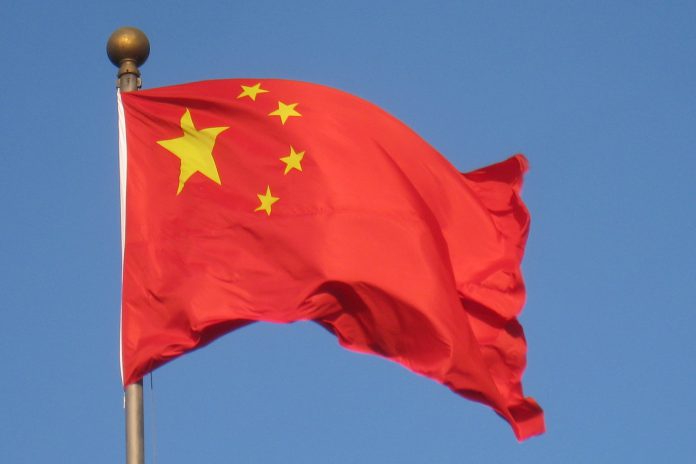Microsoft often champions its human rights efforts and has gotten behind several movements aiming for more freedom. However, as a private company seeking to make profit, the company must balance those commitments with appeasing customers and partners. Sometimes that balancing act means there are some clear contradictions in Microsoft’s policy compared to practice.
This has been evident recently in China, where Microsoft has fallen foul of censorship in the country. China is noted as, well, having a less than stellar human rights record. Freedom of information is patchy in the country at best.
Microsoft and indeed other companies have to go through significant censorship before their products can be used in China. It is the same for movies, music, TV, games, and all other forms of media.
In terms of Microsoft, this involves censoring/removing content that highlights some of the less than glowing parts of China’s history. A notable example if the Tiananmen Square massacre. As you might expect, Microsoft is not permitted to show any information on Bing Search related to the event, including images of the infamous Tank Man.
LinkedIn Profile Blocking
Recently, Microsoft accidentally spread that censorship worldwide, meaning the Tank Man image was off limits for Bing users around the world. In the latest clear indication Microsoft kneels to China’s demands, the company actively hides LinkedIn profiles in China if they mention Tiananmen Square.
Cybersecurity researcher Kevin Beaumont discovered the censorship. Before hiding a profile, LinkedIn sends the following messages to users:
“Your LinkedIn profile is an integral part of how you present your professional self to the world. That’s why we believe it’s important to inform you that due to the presence of prohibited content located in the Skills & endorsements section of your Linkedin profile, your profile and your public activity. such as your comments and items you share with your network, will not be made viewable in China. Your profile and activity continues to remain viewable throughout the rest of the countries in which Linkedin is available. We will work with you to minimize the impact and can review your profile’s accessibility within China if you update the Skills & endorsements section of your profile. But the decision whether to update your profile is yours.
In February 2014, we began offering a localized version of Linkedin in China. We believe that people everywhere can benefit from Chinese individuals connecting with each other and Linkedin members in other parts of the world, and that the creation of economic opportunity can have a profound impact on their lives and the lives of their families and communities.
While we strongly support freedom of expression, we recognized when we launched that we would need to adhere to the requirements of the Chinese government in order to operate in China. As a reminder, your profile will remain viewable throughout the rest of the countries in which Linkedin is available.”
Rock and a Hard Place
Sure, LinkedIn is essentially apologizing in a “we don’t agree but want to make money” kind of way, and that’s exactly the problem Microsoft faces in China. As a massive market, it make economic sense for the company to play China’s games and censor content locally. However, it comes at the cost of making the company look hypocritical.
Let’s be clear again, this is not an issue unique to Microsoft. It is a universal problem for any company wanting to do business in China. One question is, why do companies keep bowing to China’s rules and not take a unified stance? Well, once again it comes down to money. Never forget a private company is more interested in profit that your human rights, no matter how noble they may appear.





